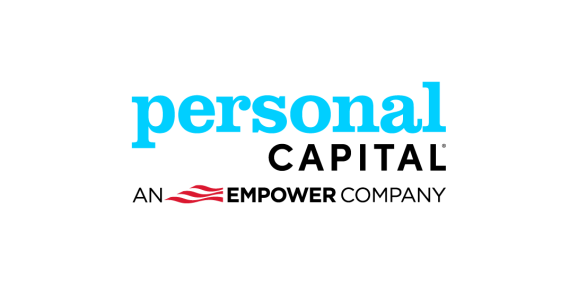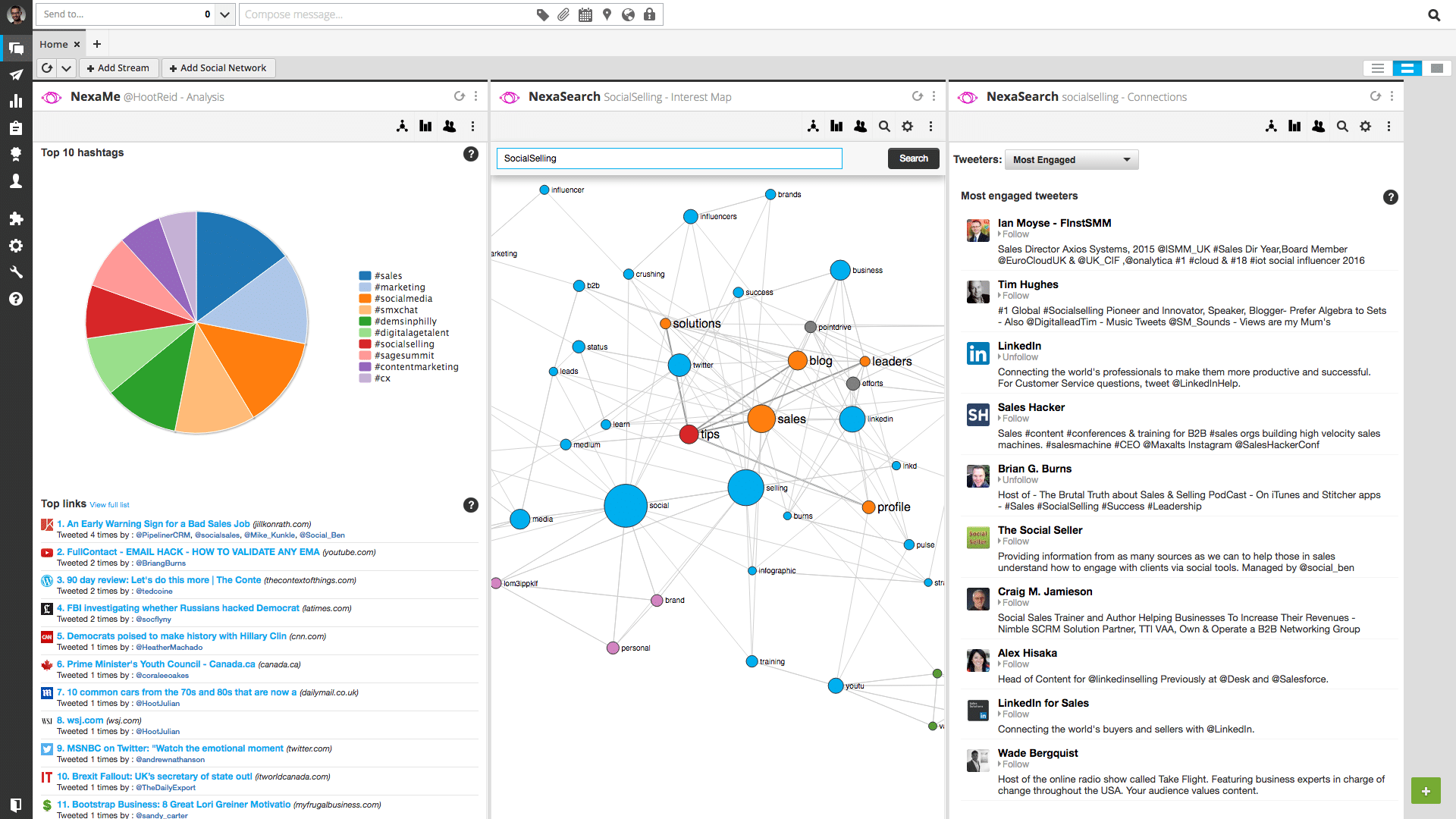
A sustainable consultant can be someone who offers advice to companies about improving their delivery of services and their environmental impact. Sustainable development, green building and renewable energy are all areas that these consultants may specialize in. They may also advise on green building and waste management. You can read on to learn about the job requirements and skills of a sustainability consultant.
Responsibilities of a Sustainable Consultant
A sustainable consultant is responsible for helping businesses meet environmental regulations and improve their performance. This person is responsible for conducting energy audits, streamlining supply chains, and reducing waste. They can help companies meet the needs in their communities. They may help organizations implement LEED certification or develop their own customized sustainability policies.
It is a good idea to apply for an internship if you are interested in a career as a sustainability consultant. Many charitable organizations work in the field, and you can get valuable experience by volunteering. Internships in environmental fields can also strengthen your CV. You can also choose to get a certificate in the area of sustainability. If you have a degree from environmental science, a job as a sustainable consultant may suit you.

For entry-level positions, you must have at least a bachelor’s degree. The ideal candidate should be passionate about sustainability, have excellent analytical skills and critical thinking skills. They also need to communicate well. Entry-level consultants need to be able and able to multitask. Experience is key to your success in this field.
Examples of sustainable consulting
Sustainable consultants aim to minimize their client's impact on the environment. They have the experience to lead large projects and create strategies that make them more sustainably. They offer technical expertise in energy consumption and waste management. They present their findings and encourage key stakeholders to adopt sustainable practices. Some examples of sustainable consultants include:
Large companies frequently seek sustainability consultants. According to West Monroe Global Environment Reports, companies with a budget of more than $250million are four times less likely to reduce their carbon footprint compared to those with a lower budget. But, small and startup companies might consider sustainability an important part of their business strategy.
Consulting in sustainability can have a positive impact on the environment, and communities. However, it can be challenging to find a balance between environmental and social law. They are also required to travel extensively, sometimes even overnight. They should be flexible and adaptable as they may be contacted by various companies from different industries.

To be a viable consultant, you need the following skills
Clear communication is an essential skill for sustainable consultants. This is crucial as sustainability consultants often have to explain complex topics. Additionally, strong communication skills allow them to understand feedback and share their ideas. Stakeholder engagement is another important skill that a sustainable consultant should have. This is important because sustainability consultants often deal with a range of clients who have differing opinions. This skill allows them the ability to present their ideas and convince clients.
A sustainability consultant must be a great communicator. A sustainable consultant should be able present ideas clearly and convince people about the necessity of conservation. This requires knowledge of all aspects of the environment, including business practices and methods of production. To stay on the cutting edge of their industry, consultants need to be able constantly to improve their skills.
FAQ
What is the average time it takes to become a consultant
Depending on your industry and background, the time required will vary. Most people begin their journey with less than a month before finding work.
However, consultants can spend many years learning before they are able to find work.
How can I be a successful consultant?
Finding a passion area is the first step. You must then build relationships. Knowing what your clients want and how they work is key. Finally, you must deliver results.
While you don’t necessarily have to excel at every task, you should be better than all the rest. You also need to have a passion for what you do. It doesn't suffice to say, "I will be a consultant." It is important to believe in yourself and the work you do.
Who hires consultants
Many companies hire consultants to help with their projects. This includes small businesses, large corporations and government agencies.
Some consultants work directly with these organizations while others freelance. The hiring process for both cases varies depending upon the project's size and complexity.
Many rounds of interviews are required when hiring consultants. Then, the final decision will be made about who you believe is best for the job.
How do I choose a good consultant?
There are three key factors to be aware of:
-
Experience - How many years of experience is this consultant? Is she an expert, beginner, intermediate or advanced consultant? Does her resume reflect the knowledge and skills she has?
-
Education - What did he/she learn in school? Did he/she continue to take relevant courses after graduation? Are we able to see evidence of his/her learning through the way he/she writes
-
Personality - Do we like this person? Would we like him/her to work with us?
-
These questions will help us determine if the consultant is right to meet our needs. If you don't have clear answers, it may be worth meeting with the candidate for an interview.
Is it possible to run a consultancy business from home?
Absolutely! Actually, this is what many consultants already do.
Many freelancers work remotely via tools such as Skype, Trello and Basecamp. They often create their own office space so they don't miss out on company perks.
Some freelancers prefer to work in cafes or libraries instead of in a traditional office environment.
Some people choose to work from their home because they like being close to their children.
While working remotely has its advantages, it also comes with some disadvantages. It is worth it if you love your work.
How much does it cost to hire a consultant?
Many factors go into determining how much it costs to hire a consultant. These are:
-
Project size
-
Time frame
-
Scope of work
-
Fees
-
Deliverables
-
Other considerations like experience level, geographical location, etc.
Statistics
- So, if you help your clients increase their sales by 33%, then use a word like “revolution” instead of “increase.” (consultingsuccess.com)
- Over 62% of consultants were dissatisfied with their former jobs before starting their consulting business. (consultingsuccess.com)
- "From there, I told them my rates were going up 25%, this is the new hourly rate, and every single one of them said 'done, fine.' (nerdwallet.com)
- According to statistics from the ONS, the UK has around 300,000 consultants, of which around 63,000 professionals work as management consultants. (consultancy.uk)
- 67% of consultants start their consulting businesses after quitting their jobs, while 33% start while they're still at their jobs. (consultingsuccess.com)
External Links
How To
How to Find the Best Consultant
First, ask yourself what kind of consultant you are looking for. Before you start looking for someone to work with, it's important that you know your expectations. A list of what you expect from a consultant is helpful. This list could include technical expertise, project management skills, communication skills and availability. You might also want to talk with colleagues or friends about their recommendations. Ask them if they had any bad experiences with consultants previously and see how their recommendations compare with yours. If you don't have any recommendations, try doing some research online. Many websites allow people to post reviews about their work experience, including Angie's List and Indeed. Take a look at comments and ratings from others, and use that data to find potential candidates. Once you have a short list of candidates, contact them to arrange an interview. During the interview, you should talk through your requirements and ask them to explain how they can help you achieve those goals. It doesn’t matter if the person was recommended to you; it matters that they understand your business goals, and can show you how they can help.